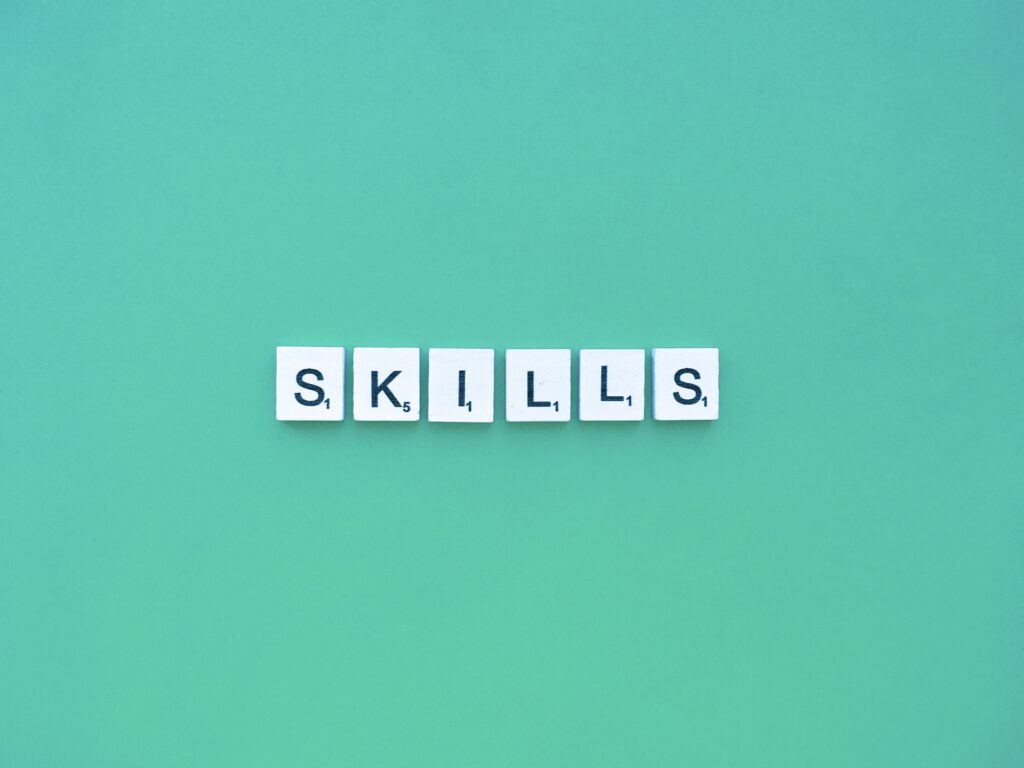Recovery Starts in Treatment—But It’s Tested in the Real World
One of the most important aspects of addiction recovery is learning how to manage triggers—those people, places, emotions, or situations that can increase the urge to use substances. While inpatient rehab offers a controlled environment, outpatient treatment happens alongside real life, where triggers are part of daily experience. At SummitHelps in New Jersey, we prepare our clients not just to recognize their triggers, but to face them with practical, personalized coping strategies.
What Are Triggers—and Why Do They Matter?
A trigger is any external or internal cue that reminds someone of substance use or tempts them to return to it. Triggers can be obvious—like walking past a bar or seeing an old using friend—or subtle, like feeling bored, overwhelmed, or lonely. Left unaddressed, these moments can lead to relapse. But when properly understood, triggers can also be valuable opportunities for growth and self-awareness.
Common Triggers Clients Face in Early Recovery
In outpatient treatment, clients remain engaged in the outside world while building new patterns of behavior. That means exposure to:
-
Social events where alcohol is present
-
Stress from work, school, or family obligations
-
Financial concerns or legal pressures
-
Unstructured time and boredom
-
Relationship conflict or loneliness
-
Emotional pain or unresolved trauma
Identifying and preparing for these triggers is essential for long-term success.
How SummitHelps Prepares Clients for Trigger Management
At SummitHelps, outpatient rehab includes comprehensive relapse prevention planning tailored to each individual’s life and environment. Through individual counseling, group therapy, and psychoeducation, clients learn:
-
Trigger Mapping: Identifying personal high-risk situations and emotional states that increase vulnerability
-
Coping Skill Development: Practicing tools like grounding techniques, breathing exercises, positive self-talk, and mindfulness-based strategies
-
Cognitive Restructuring: Challenging and reframing the thoughts that fuel cravings or lead to destructive behavior
-
Communication Skills: Learning how to assert boundaries, ask for support, and avoid high-risk interactions
-
Lifestyle Planning: Creating a daily routine that includes structure, movement, sleep hygiene, and sober social engagement
Outpatient care at SummitHelps gives clients the ability to apply these skills in real time, then process the outcome with their therapist or peers during treatment sessions.
Real-World Tools That Support Relapse Prevention
Clients at SummitHelps also benefit from practical resources that help them manage triggers outside the therapy room. These include:
-
Sober support apps for journaling, tracking triggers, and managing cravings
-
Accountability check-ins through peer support groups or sponsors
-
Crisis planning tools that outline what to do if a trigger escalates
-
Family education, helping loved ones understand their role in preventing relapse
-
Aftercare and alumni connections that offer community and guidance beyond the initial phase of treatment
Recovery is not about avoiding triggers forever—it’s about building the confidence and tools to face them without losing progress.
When Triggers Do Lead to Slip-Ups
At SummitHelps, we don’t view relapse as failure. Instead, it’s an opportunity to learn more about what support or strategy may have been missing. If a client experiences a setback, our team helps them reevaluate their plan, strengthen their supports, and re-engage in treatment with renewed insight. That’s the value of an outpatient model—it adapts with you.
Stay Grounded, Stay Growing
Learning how to manage triggers is a process that unfolds over time. With the right guidance, tools, and mindset, clients can turn triggering moments into reminders of how far they’ve come. Outpatient rehab isn’t just about getting sober—it’s about building a toolkit for real-world resilience.
Contact SummitHelps today to learn how our New Jersey outpatient programs help clients face life’s challenges with confidence and stay on track toward lasting recovery.

